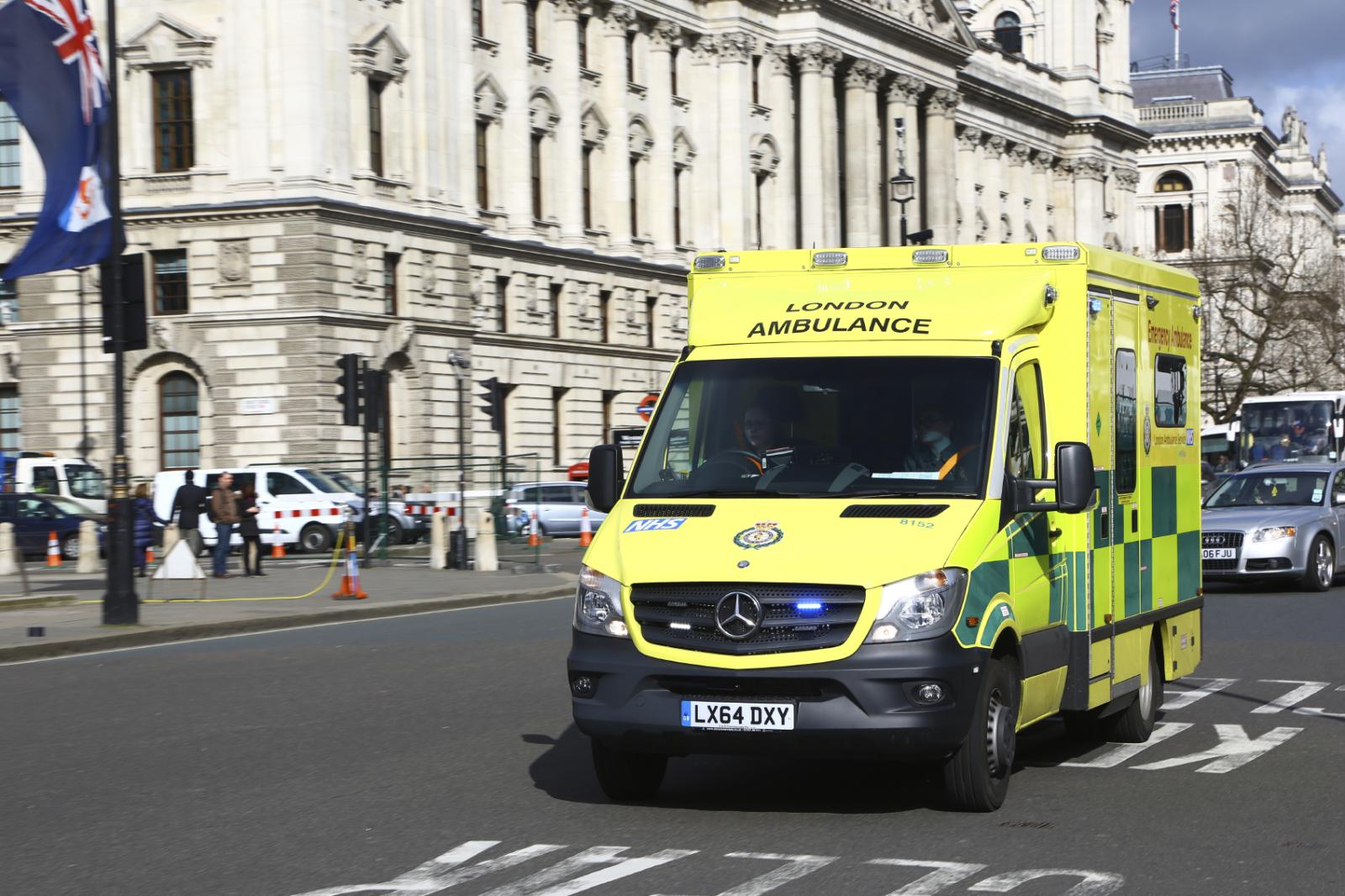New report finds NHS missing opportunity to save millions on costs of getting people to hospital

- Calls for NHS to get more involved in ‘Total Transport’ schemes -
A new joint report from an alliance of local transport authorities and the Community Transport Association has identified the potential for massive savings for the NHS through reducing the cost of getting people to hospital.
The report calls on the NHS to participate fully in ‘Total Transport’ schemes which would ensure that more Non Emergency Patient Transport (NEPT) provision was operated more efficiently using pooled budgets and vehicle fleets which could span current NHS NEPT, social services, education and mainstream public transport provision.
The report finds that:
- The cost to the NHS of missed hospital appointments has been put at £750 million per year.
- A survey of patient transport users in London found that 37% had missed an appointment due to patient transport in the last two years
- If, by providing patient transport in a more efficient way we could prevent just 10% of the 5.6 million missed hospital appointments, the NHS could save £74.5 million per year
An annual saving of £74.5 million would be enough to pay for, for example:
- 83 new MRI scanners (£895,000 each)
- or 8,793 heart bypass treatments (£8,470 each)
- or 13, 252 hip replacement treatments (£5,620 per treatment).
The report also profiles a number of successful Total Transport projects (and guidance on how to set up such schemes) involving the health sector which show the potential of these kind of initiatives if they were to much more widely supported by the NHS.
The report finds that:
‘A Total Transport approach coordinated by local authorities could bring a wealth of expertise and experience to the delivery of NEPT. Local authority transport teams are specialists in transport planning and have an extensive knowledge of what transport services are in operation across the piece. They are also experienced in procuring and managing cost-effective accessible transport, including that requiring a care component. Indeed, whilst it is usually commissioned by the NHS, NEPT has more in common with the social care transport commissioned by local authorities or with community transport than it does with emergency ambulances.’
The report concludes:
‘Currently, Non Emergency Patient Transport is frequently commissioned by staff with no transport expertise and delivered by providers who have little incentive to seek improvements and savings. It is often over-specified compared to patient needs and evidence suggests problems with patient transport lead to a significant number of missed appointments.’
‘Evidence suggests that taking a ‘Total Transport’ approach to NEPT has the potential to deliver these savings through the sharing of expertise and resources. It could help ensure that patients are provided with vehicles suited to their needs; that fleets owned and commissioned by the public sector are fully utilised; and that patients get to and from where they need to be in a timely manner.’
Dr Jon Lamonte, Chief Executive of TfGM, who leads for the Urban Transport Group on transport and health, said:
‘With a growing base of evidence and experience to draw upon and at a time when public funding is particularly tight, Total Transport is an opportunity that needs to be embraced at the highest levels of Government, the NHS and local authorities. Although we do have some examples of good practice on the Total Transport involving the health sector there is far more that could be done. We stand ready to work with our colleagues in the health sector to realise the opportunities to provide better access to healthcare at less cost to the taxpayer.’
Bill Freeman, Chief Executive of CTA said:
‘Total Transport presents a massive opportunity to improve transport into health settings through integrating both commissioning and provision, with a stronger role for the community to get involved and be recognised for this.
Many people who need help into hospital fall outside current NEPT eligibility criteria which seems to only provide “business class” or nothing. A better system would see many more needs met through a range of services differentiated by the assistance someone requires.
Commissioners have the power to work together to design and procure such integration and collaboration, making savings for their own budgets and giving some of our most vulnerable citizens the transport they deserve and one less thing to worry about when trying to manage their health and wellbeing.’
Peter Hardy, ATCO's lead on Total Transport commented:
‘The Association of Transport Coordinating Officers (ATCO) has long recognised the benefits of integrated approaches to the planning and provision of different types of transport services. As practitioners, local government professionals have achieved efficiencies and improved services by jointly planning local bus services, education and social care transport. The final piece of the jigsaw is to work with the health sector to achieve similar benefits and patient transport that is effective in meeting users' needs. Hopefully, this report provides some pointers to help achieve this.’
The report can be downloaded below.
The report has been produced by the Urban Transport Group (which brings together the public sector transport authorities for the largest urban areas), the Community Transport Association (A national charity that represents and supports providers of community transport) and the Association of Transport Coordinating Officers.
For more information contact Jonathan Bray (Urban Transport Group) on 0781 804 1485 or Charlotte Hughes, Director of External Affairs (CTA) at 0757 212 2573.

